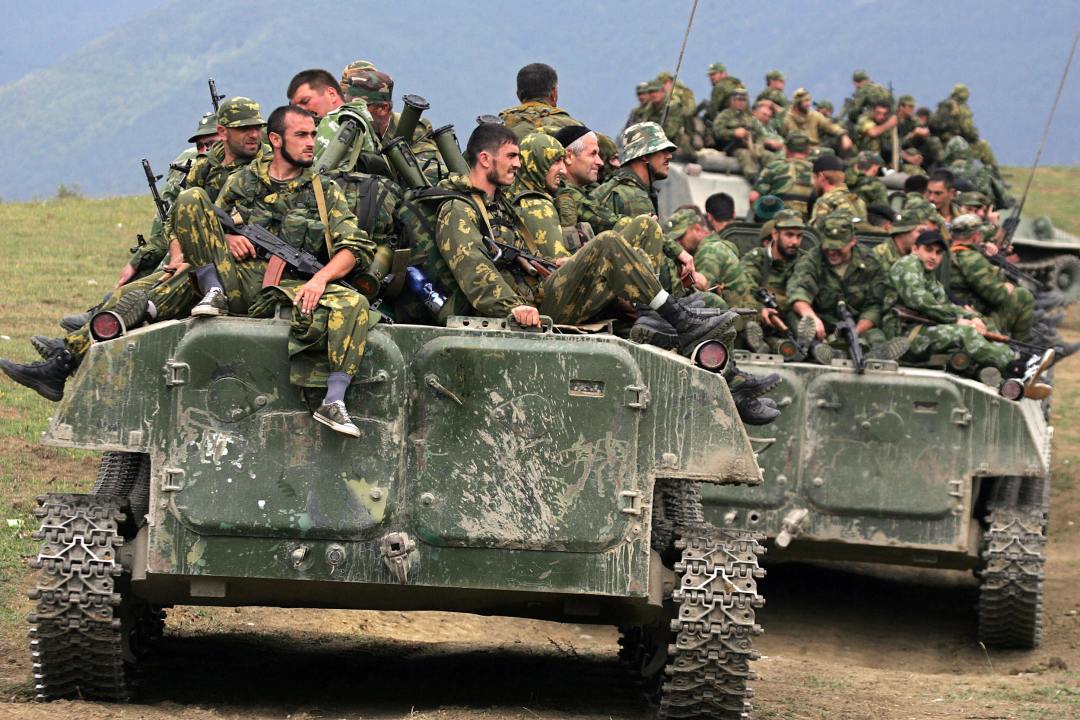 Some of the responses to Russia’s actions in the past two weeks have been slightly panicked, and focused strictly on geo-politics. But the key to the situation is Russia’s economic position – not any ambitions to kick off a new cold (or hot) war.
Some of the responses to Russia’s actions in the past two weeks have been slightly panicked, and focused strictly on geo-politics. But the key to the situation is Russia’s economic position – not any ambitions to kick off a new cold (or hot) war.
We shouldn’t be surprised that supposedly resurgent Russian ‘imperialism’ has dealt its first blow in energy-rich central Asia. Russia’s actions are a result of its needs as a petro-economy. Its economic weaknesses led to this attack – not a desire to take over the world. As The Economist has written today:
This is the twenty-first century, not the twentieth. When we measure Russia up in the terms of today’s world it scores pretty poorly. For instance, compared to China and India – in terms of economic strength – Russia comes a distant third. As Martin Wolf pointed out in the FT in February, any concerns that Russia’s economy is resurgent under Putin are woefully misplaced.“Contrary to some excitable first reactions, Russia’s ability to crush the minuscule Georgian army does not make it a superpower, and its aggression in the Caucasus need not mark the start of a new cold war. To put things in perspective, America’s GDP is ten times bigger than Russia’s and it spends at least seven times more on defence. Russia’s economy would fall off a cliff if energy prices slumped and its population, racked by ill-health and inequality, is shrinking by up to 800,000 a year.”
Russia’s behaviour is unacceptable, and our response must be robust. But there need be no panicked rush about that response. Russia’s economic position is unsustainable, and eventually it will be forced to embrace the West – not confront it. China, India, and Western market states are robust enough to persevere – Russia’s actions are merely its convulsions as it faces up to its uncomfortable economic reality. It’s a weak giant gasping for breath under a brutish leadership – far from a resurgent superpower.







Comments